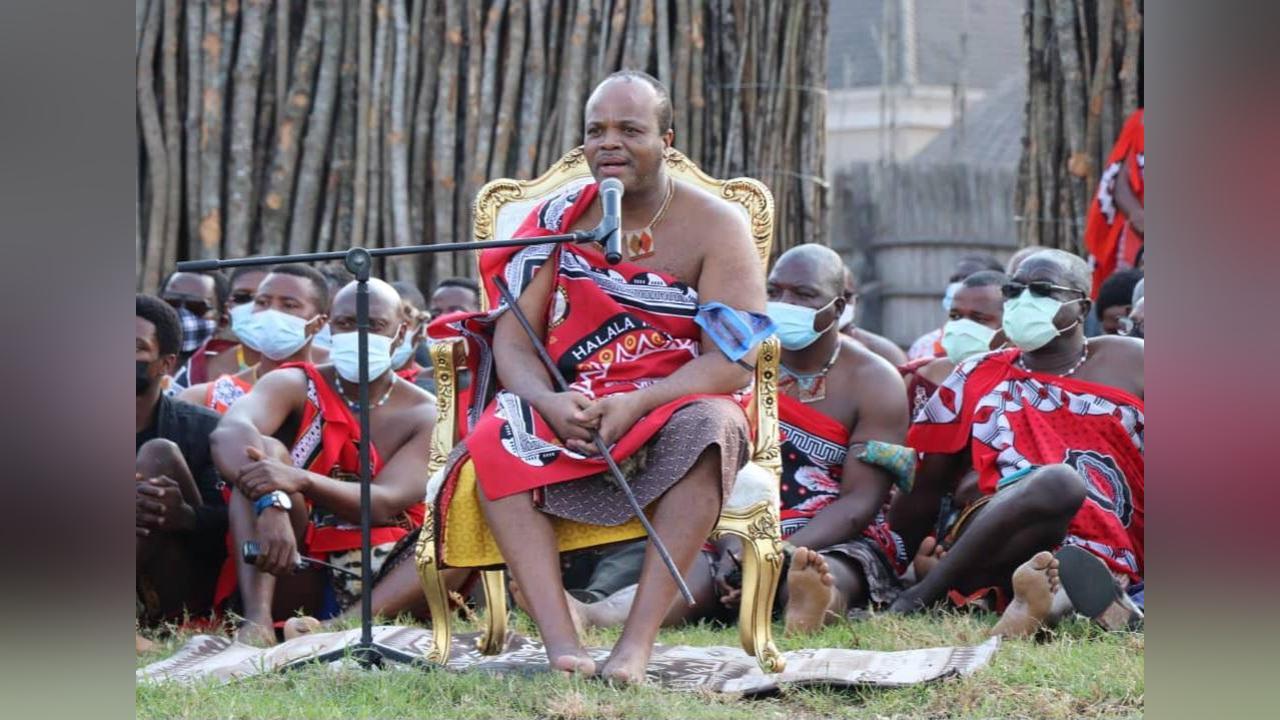Africa-Press – Eswatini. As Eswatini prepares to mark the 20th anniversary of its Constitution on 26 July 2025, the nation reflects on two decades of progress, stability, and the growing realisation of rights for all Emaswati.
Promulgated on July 26, 2005 by His Majesty King Mswati III during Sibaya at Ludzidzini Royal Residence, the Constitution of the Kingdom of Eswatini has served as the supreme law of the land, enshrining the rights and responsibilities of citizens while affirming the country’s sovereignty, cultural identity, and aspirations for development.
However, it must be stated that the Constitution was only declared to come into force on 8 February 2006, under Proclamation No. 1 of 2006 issued by the King. According to the African Human Rights Law Journal (AHRLJ), the constitution-making process began in 2001, when the King appointed a constitutional drafting committee. A draft was released for public comment in May 2003, followed by a revised draft in October 2004, which was formally tabled in Parliament as the Constitution Bill No. 8 of 2004
From the protection of fundamental human rights and freedoms to clear provisions on the rule of law, separation of powers, and the recognition of gender equality, the Constitution has been a bedrock for social and legal reform. It marked a pivotal shift from inherited colonial-era laws and introduced a bill of rights, giving Emaswati a stronger legal foundation to claim their dignity, equality, and justice.
Real benefits for ordinary citizens
Over the years, Emaswati have increasingly made use of constitutional protections to demand better access to education, healthcare, and services. The Constitution paved the way for key social welfare initiatives, including the Orphaned and Vulnerable Children (OVC) grant, people with disabilities and senior citizens’ grants, and the expansion of free primary education, all contributing to improved quality of life.
In particular, women and marginalised groups have seen increased recognition and inclusion in governance and development processes. Legislations such as the Child Protection and Welfare Act of 2012, Sexual Offences and Domestic Violence (SODV) Act of 2018, Election of Women into the House of Assembly Act of 2018, among others, were enacted by Parliament in line with the Constitution. The Constitution’s support for affirmative action and equal opportunity has helped foster a new generation of empowered Emaswati, particularly young women taking up leadership roles in business, civil society, and politics.
International recognition and partnerships
Globally, the Constitution has been viewed as a significant step toward aligning Eswatini with international legal norms and standards. Bodies such as the African Union, SADC, and United Nations have welcomed Eswatini’s commitment to constitutionalism and peaceful governance.
Eswatini’s Constitution has also laid the groundwork for constructive dialogue with international partners, particularly in areas of human rights, trade, health, and education. It has provided a legal reference point in the implementation of treaties and global development goals, including the UN Sustainable Development Goals (SDGs).
Looking ahead
As Eswatini celebrates this milestone, discussions are underway on how to strengthen constitutional awareness and implementation, especially at grassroots level. Many legal experts and civil society groups are advocating for ongoing constitutional education, judicial reform, and more responsive governance.
While challenges remain, especially in the realm of political participation and public accountability, the 20-year journey of the Constitution stands as a testament to Eswatini’s resilience, cultural pride, and pursuit of inclusive development.
As the country commemorates two decades of constitutional democracy, Emaswati can look back with pride at how far they’ve come—and look forward to shaping an even more just and prosperous nation.
For More News And Analysis About Eswatini Follow Africa-Press







